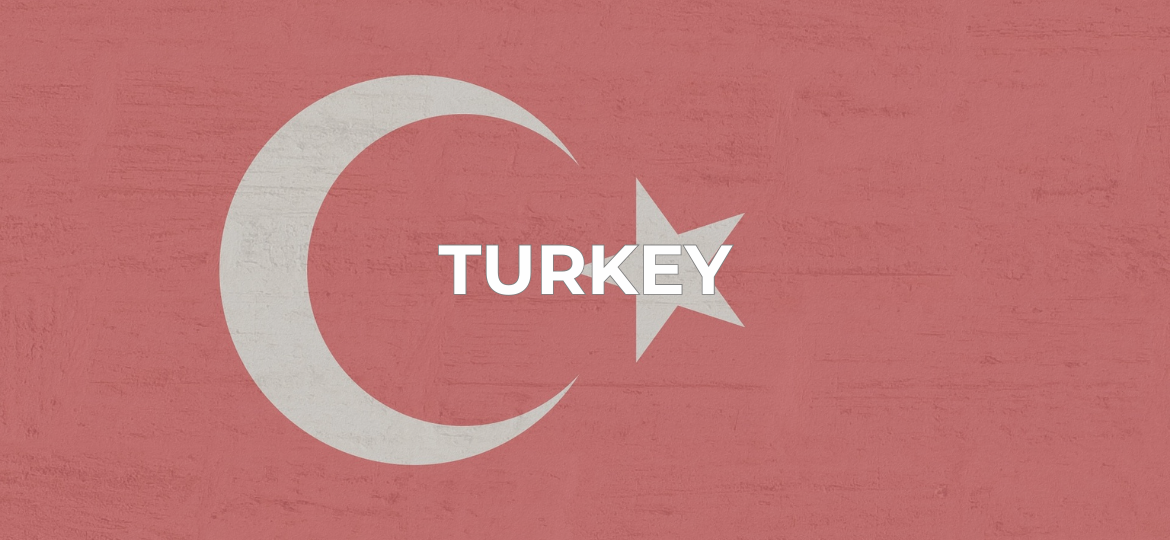
ProtectDefenders.eu has been informed about the trial of the criminal case against Eren Keskin, Kurdish human rights defender, lawyer and Co-chair of IHD, and Güllistan Yarkın, Kurdish human rights defender, researcher and member of IHD’s Commission against Racism and Discrimination. Observers from the Observatory, an initiative ran by ProtectDefenders.eu’s partners FIDH and OMCT, and OIAD attended the hearing.
Both defenders were accused under the Article 301 of the Turkish Criminal Code, which states that anyone who “publicly denigrates Turkish Nation, State of the Turkish Republic, Turkish Grand National Assembly, the Government of the Republic of Turkey and the judicial bodies of the State shall be sentenced a penalty of imprisonment for a term of six months to two years”. These charges stemmed from an anonymous complaint submitted to the Turkish Presidency’s Web Communication Centre (CIMER) concerning IHD’s 2021 statement on the Armenian Genocide. This trial illustrates the weaponisation of Article 301 to suppress freedom of expression and silence critical voices on sensitive historical issues.
Ms Keskin and Ms Yarkın were ultimately acquitted in the third hearing, on May 2, 2024. Despite their acquittal the prosecution’s appeal against this decision on May 21, 2024 underscores the persistent judicial harassment faced by human rights defenders and lawyers in Turkey. These violations of the right to freedom of expression also have a chilling effect on civil society, signaling to other human rights defenders and lawyers, civil society actors and the broader public that they may also face judicial harassment based on spurious accusations if they publicly disagree with the state’s denial policy concerning the Armenian Genocide.
For nearly two decades, the IHD has been advocating for the recognition of the Armenian Genocide in Turkey, consistently organising commemoration events calling for recognition, apology, and compensation. Their human rights work are continuously met with harassment. The latest charges against their two members highlight the pattern of legal challenges faced by the IHD. Other IHD members, such as Öztürk Türkdoğan and Eren Keskin, previously faced Article 301 charges in relation their advocacy work.
ProtectDefenders.eu has also received information regarding the concerning situation of Syrian journalists in the country, as the government conducts a new wave of expulsions of refugees. ProtectDefenders.eu partner Reporters Without Borders (RSF) warns that many Syrian journalists are liable to be jailed, abducted or even killed if they are sent back to Syria. Turkey must adhere to the principle that no refugee should be sent back to a country where they would be in probable danger.
The new administrative severity towards Syrian refugees reflects a foreign policy change. Turkey, and other countries in the region, has been seeking to restore diplomatic relations with Damascus. As such, journalists have been struggling to renew their temporary protection applications.
The biggest threat to which Syrian journalists are exposed to is that of reprisals by Syrian forces and actors controlling the country’s different regions. In the country, journalists have faced arrests, abductions and death since the start of the civil war in 2011.


